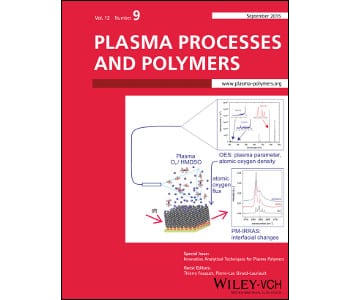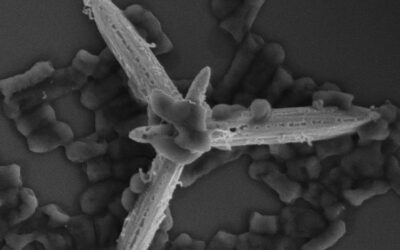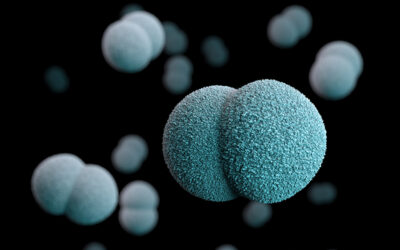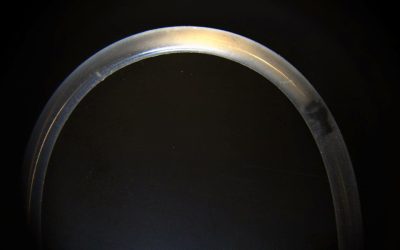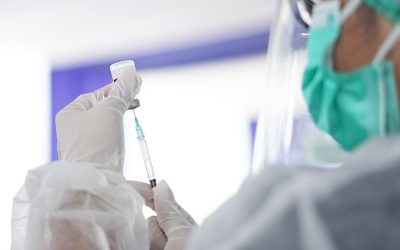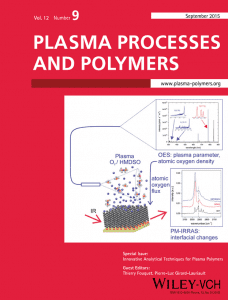 Plasma-based processes involving polymers and plasma-deposited organic coatings (plasma polymers) have been developed over several decades and have found numerous implemented and potential applications in diverse areas such as adhesion promotion, biomaterials, microelectronics and barrier coatings. However, the combined complexity of nonequilibrium plasmas and of organic materials has limited our understanding of the processes, the products of those processes, and successful application.
Plasma-based processes involving polymers and plasma-deposited organic coatings (plasma polymers) have been developed over several decades and have found numerous implemented and potential applications in diverse areas such as adhesion promotion, biomaterials, microelectronics and barrier coatings. However, the combined complexity of nonequilibrium plasmas and of organic materials has limited our understanding of the processes, the products of those processes, and successful application.
With limited predictive theory, scientific development must rely on proven plasma and sample analysis in order to move forward. Yet, most analytical methods were developed for standard, relatively well-defined materials; there again, the unique and complex features of plasma processes provided a significant challenge to reliable measurements. This state of fact has stimulated researchers into developing and improving highly innovative analytical solutions tailored to plasma processes.
A special issue of Plasma Processes and Polymers has now been assembled to present an overview of state-of-the-art analytical techniques available to researchers working with plasma deposition and modification of organic coatings. It also strives to provide basic guidelines for successful application of these innovative techniques, which are frequently accompanied by limitations and pitfalls. Extensive experimental details and thorough evaluations of the limits and specific requirements of their analysis techniques are provided.

